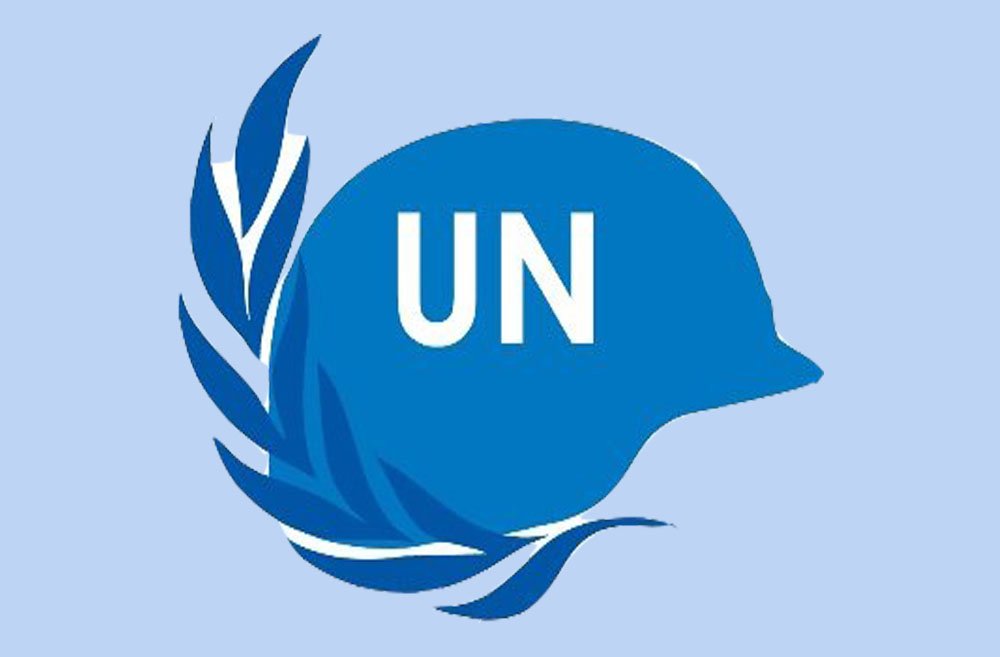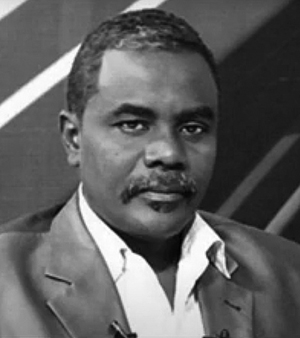
Will the Blue Helmets Return?
In late 2006, El Fasher, the capital of North Darfur, welcomed the vanguard of United Nations forces after the Sudanese governments belated approval to support the African Union forces as part of a phased plan to maintain peace in the region.
Now, after more than 15 years, signs of international intervention are resurfacing, as the issue of the war in Sudan has become a regional and international concern.
The previous experience of UN forces in Darfur encountered stiff and uncompromising resistance from the state and the ruling party at the time. Still, it became a reality under a UN Security Council resolution.
Addressing both the army commander and the Rapid Support Forces commander, their messages to the international community, represented by the UN General Assembly, unintentionally or not, raise questions about the application of Article 7 of the United Nations Charter, which allows for intervention to maintain international peace and security. This is based on their acknowledgment of the dire situation in their country, in addition to mutual accusations of the presence of terrorist groups and external involvement in the ongoing Sudanese conflict.
What enhances the prospects of international intervention leading to the restoration of security and safety is the current situation of the affected citizens. Undoubtedly, ordinary citizens who have been displaced from Khartoum and Darfur, and who are undoubtedly yearning for any action that provides them with the lost protection at the domestic level, will welcome any such action.
On the political front, the situation is unlikely to differ significantly from the state of stalemate and returning to entrenched positions between two camps. One of them tends toward extreme rejection, possibly even threats and intimidation, as usual, without regard to the consequences and outcomes of the war that has claimed thousands of lives, displaced millions, and, as they say, no one is innocent!
The results of battles on the ground determine the inclinations of the warring parties to deal with the issue of international intervention in the Sudanese affairs. Those who believe they are on the verge of victory typically do not favor it, while those whose field progress is dwindling seek to salvage the situation and maintain their presence.
International intervention typically comes in parallel with a comprehensive negotiation process that will undoubtedly distance military leaders and those responsible for the war in Sudan from the scene, as was the case in the past.
The continuation and expansion of the war will make some neighboring countries willing to intervene and perhaps openly support one of the warring parties. This could complicate and hinder the prospects of ending the war. However, international intervention is safeguarded by international law and often places it in a position of neutrality, except in cases that threaten peace and the lives of civilians.


